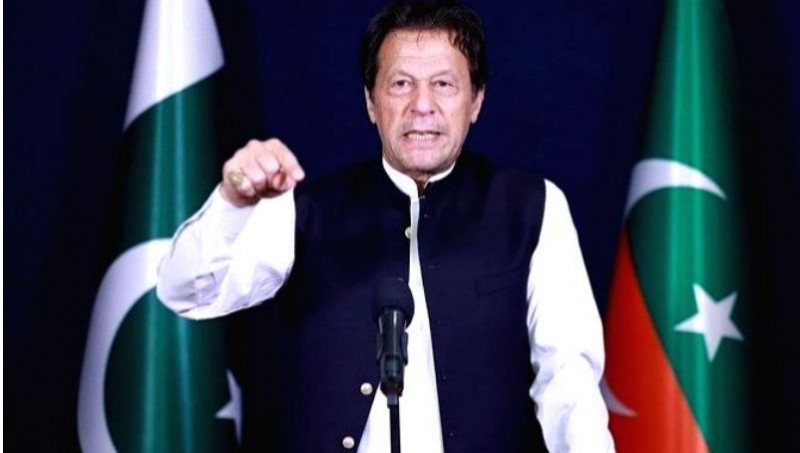
Imran Khan, a revered figure in Pakistani politics and a former cricket star, has found his presence noticeably absent in the current election campaign. Despite his immense popularity in his hometown of Mianwali and among his constituents, the streets are devoid of his posters and his party, Pakistan Tehreek-e-Insaf (PTI), is facing significant hurdles in the run-up to the vote.
The crackdown, largely attributed to Pakistan's influential military, has dealt a severe blow to Khan and PTI, with their visibility in the election campaign drastically reduced. Jamal Ahsan Khan, a PTI candidate standing in place of Imran Khan, voices the challenges faced by the party, citing harassment of party workers and personal death threats.
Imran Khan himself is ineligible to contest the upcoming elections due to a corruption conviction and subsequent legal challenges. He alleges these cases are politically motivated. The PTI's ability to hold rallies has been obstructed, and media coverage of the opposition party is heavily censored, forcing much of their campaign efforts online. Additionally, numerous PTI candidates have had their nomination papers rejected by the electoral commission.
With just two weeks remaining until the vote, the usual fervor and excitement surrounding elections in Pakistan are notably absent. Despite Khan's significant contributions to his constituency, including the establishment of a hospital and university in Mianwali, the atmosphere is subdued.
Khan's rise to power in 2018 was fueled by promises to combat corruption and challenge entrenched family dynasties in Pakistani politics. However, his anti-establishment stance eventually led to friction with the military, culminating in his ousting through a parliamentary no-confidence vote in 2022.
Following Khan's arrest in May 2023, widespread protests erupted, triggering a crackdown on PTI supporters and leaders. Thousands were arrested, and senior party members were forced underground before defecting. Despite these setbacks, Imran Khan retains public support, particularly among those disillusioned with traditional political elites.
In a significant blow to PTI's electoral prospects, the Supreme Court banned the party from using its symbol, the cricket bat, in the upcoming elections. Symbolism plays a crucial role in Pakistani politics, especially in rural areas where literacy rates are low. PTI candidate Ahsan Khan was instead directed to use a bottle as the party's emblem, a choice viewed unfavorably due to its association with alcohol.
While PTI struggles to maintain its presence in the election campaign, rival parties like the Pakistan Muslim League (PML-N) seize the opportunity to garner support. Obaid Ullah Khan, a PML-N candidate, openly engages with voters and receives assurances of community support, positioning himself as a viable alternative.
Despite facing challenges and being sidelined in the current campaign, Imran Khan's supporters remain steadfast in their loyalty. For voters like Hanzala bin Shakeel, Khan represents a beacon of hope for a better future, distinct from the self-serving interests of traditional politicians.
International Court of Justice Urges Israel to Prevent Genocide in Gaza Conflict
How Donald Trump Faces $83.3 Million More Payment in E Jean Carroll Defamation Case